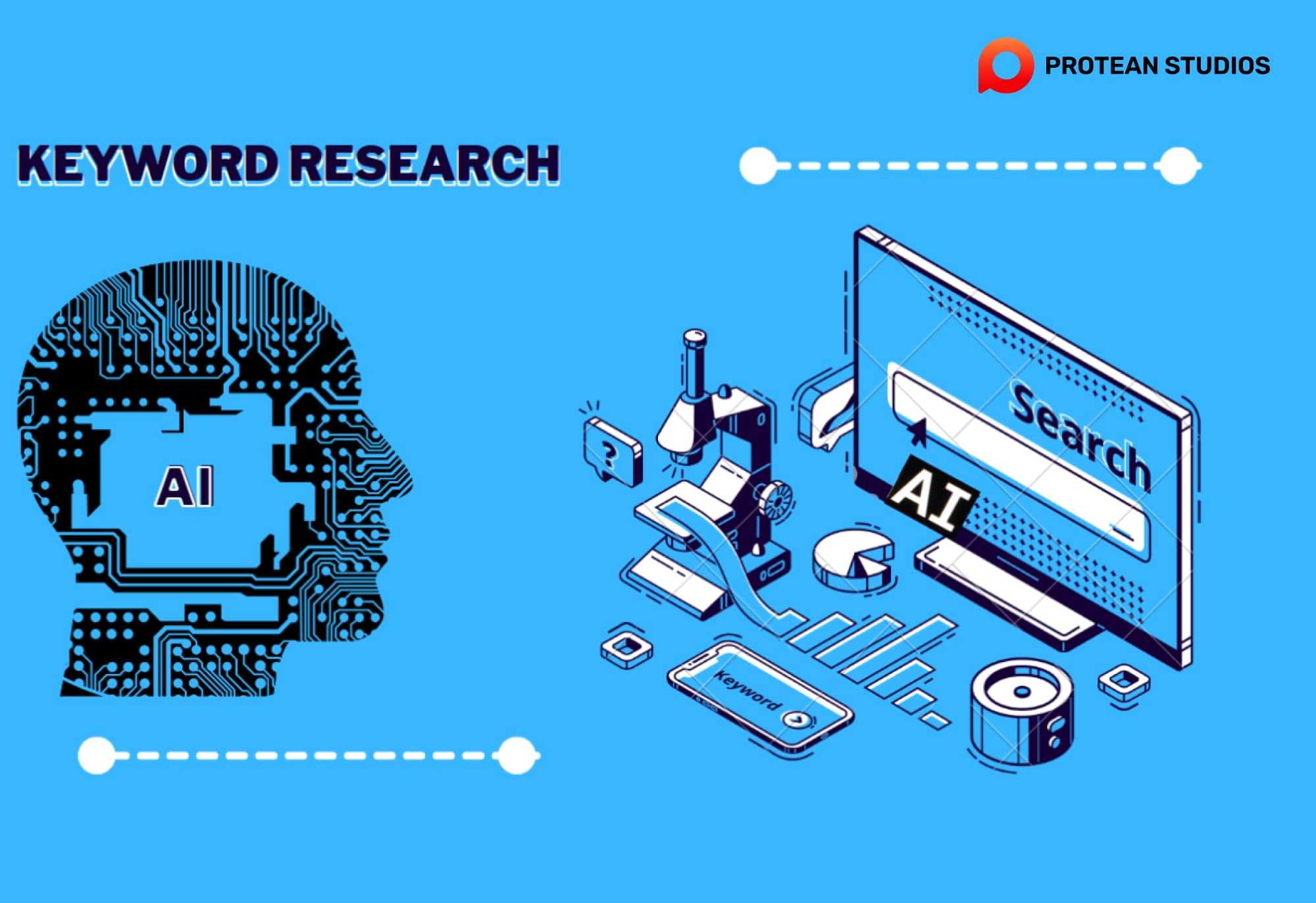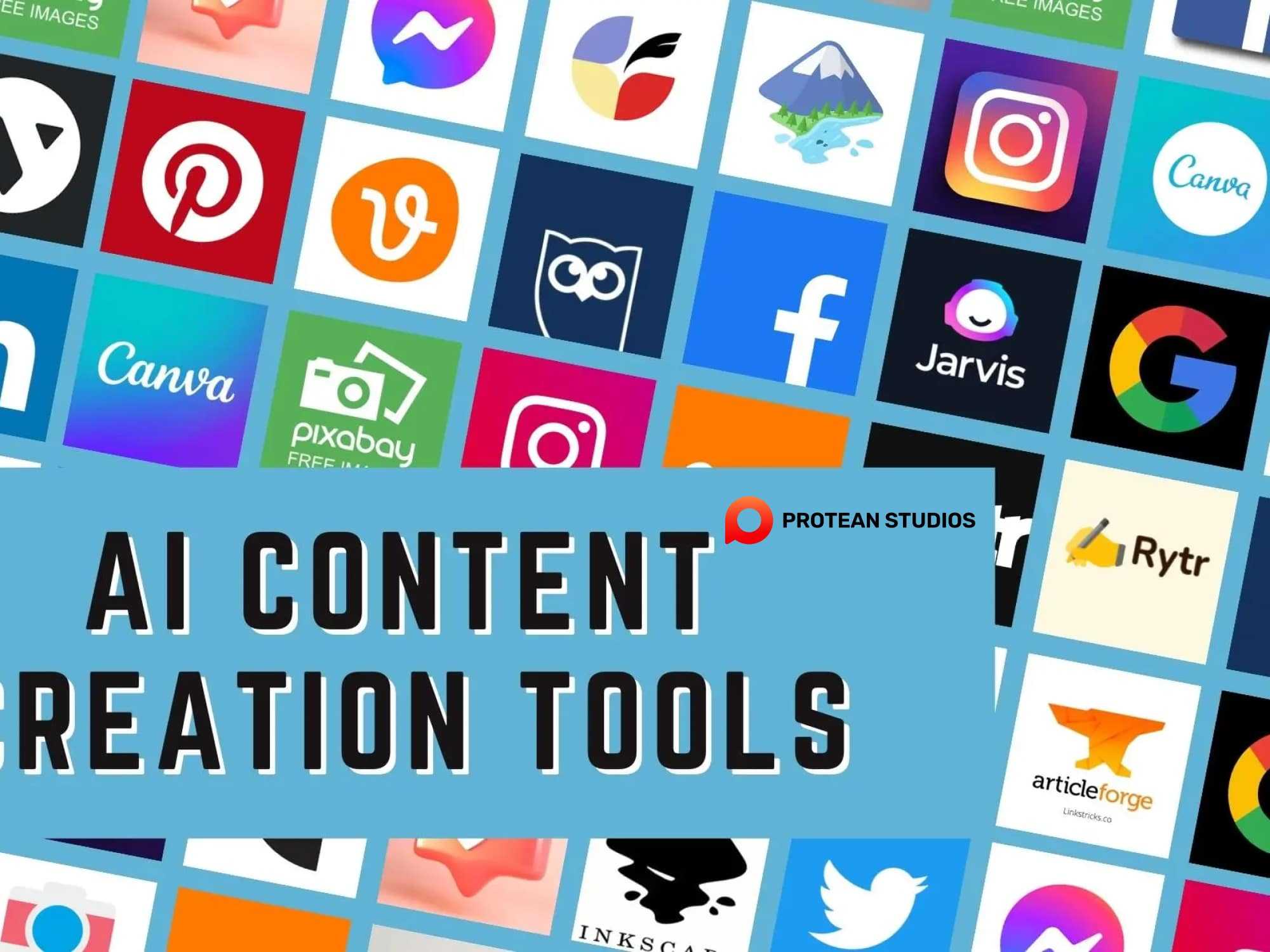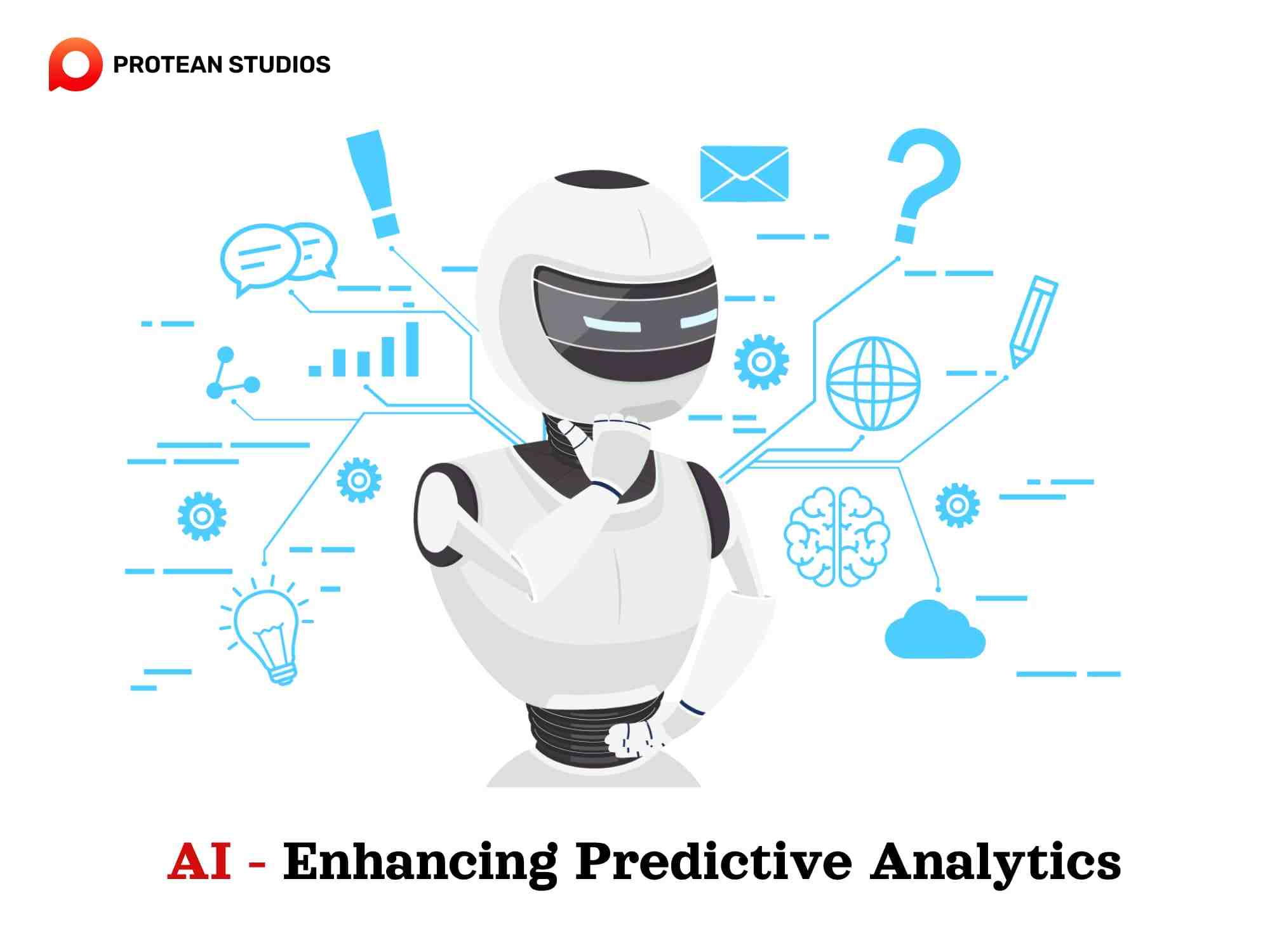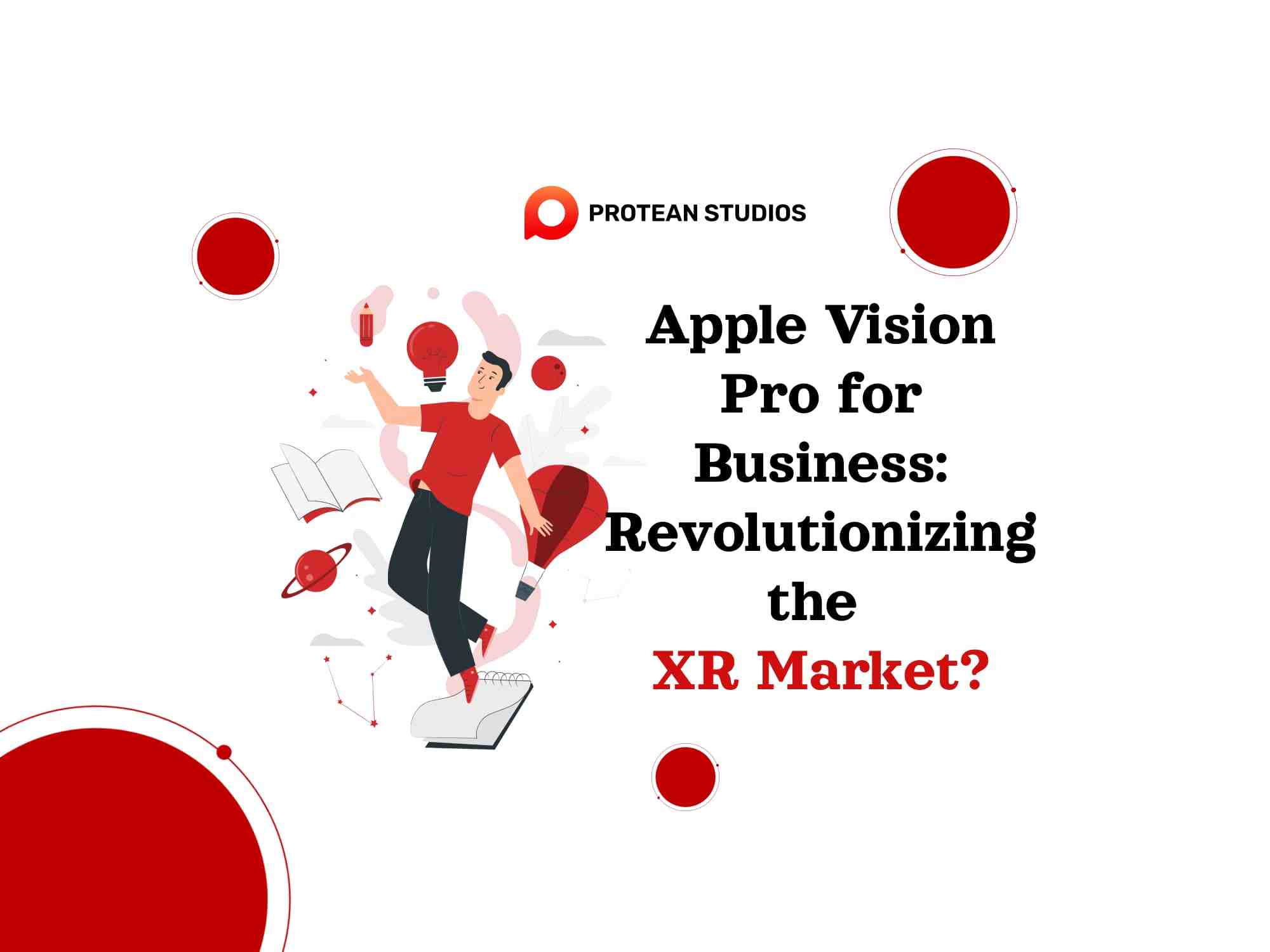As technology and automation advance, B2B marketers have faster access to tools and information than ever. With the quick growth of generative AI, this change is happening right now. It's important for B2B marketers to embrace this technology and use it to their advantage.
This article will discuss three ways to use generative AI: keyword research, content creation, and data analysis. Using these methods will transform how you market products and services online, putting you ahead of competitors who are slow to adapt.
Boosting Keyword Research with Generative AI
Traditional keyword research involves several methods, but they all have one thing in common: it's a manual process. While some tools can help, like paid services, free tools, and plug-ins, they still take time and effort. Outsourcing this work to an agency can also be expensive. Despite this, keyword research is crucial in marketing and should never be skipped.
Marketers often use tools like Google Keyword Planner, Google Search Console, Semrush, and Surfer SEO, which now include AI features. Browser plugins like MozBar and Keyword Research have also improved and continue to provide value.
About 44.5% of marketers use generative AI for keyword research. Tools like ChatGPT help make this process faster and more efficient. Although AI speeds up the process, humans are still needed to ensure the keywords are relevant and fit the context. As AI tools get better, learning how to create effective prompts has become an important skill for marketers.

Generative AI has many benefits for keyword research. It improves efficiency and accuracy, helps find unique keywords, and speeds up the research process. This gives marketers a competitive edge by allowing them to adapt to changes in search trends. AI can also find specific keywords, like long-tail or low-volume ones, making it easier to rank content.
Yet, using AI for keyword research comes with challenges. Relying too much on AI can lead to choosing keywords that don't fit the content's context. AI can also have biases in its data, which may result in keywords that could harm a brand's reputation.
A big challenge with generative AI is that it lacks cultural understanding. For global companies, using AI to optimize for local languages and cultural nuances can be tricky. AI might miss out on local slang and cultural issues.
To solve these challenges, it's important to find a balance between AI-generated results and human judgment.
Improving Content Creation with AI Tools
Content is crucial in digital marketing, especially for B2B and technology companies. It helps engage target audiences, boost brand recognition, and support marketing across all channels. Quality content builds customer trust and loyalty, making it vital for success in a competitive digital world.
Creating content, like keyword research, is time-consuming. Marketers spend a lot of effort on long-form content like blogs, white papers, and reports, as well as short-form content for social media and ads. Many companies outsource this task to agencies or freelancers, which can be costly and lead to communication challenges.
Tools like ChatGPT offer a new way to create content. These AI models can generate various types of content that align with a brand's voice. Yet, human oversight is still needed to ensure the content is accurate, coherent, and relevant. By blending AI with human input, marketers can enhance content quality and effectiveness.

Generative AI speeds up content production, increases precision, and allows for large volumes of content tailored to specific audiences. This helps marketers respond to market changes and focus more on strategy.
Yet challenges remain. AI struggles with understanding cultural and business contexts, sometimes producing shallow or confusing content. There are also concerns about ownership and copyright, as AI blurs the lines between human and machine authorship. Transparency is key to maintaining trust and avoiding misinformation.
Businesses should use generative AI, ensuring human oversight and clarity in content creation.
Read more: Beware the Pitfalls: Key AI Risks to Watch For
Analyzing Data Smarter Using Generative AI
Generative AI brings a new level of sophistication to data tracking and visualization. With these models, organizations can check data in real-time, create dynamic dashboards, and visualize complex networks. This means companies can always have the most up-to-date information at their fingertips. By using real-time monitoring, businesses can make quicker and more informed decisions, responding to market shifts as they happen rather than playing catch-up.
Uncovering complex network interactions
One of the most powerful features of generative AI is its ability to map out complex network interactions. This kind of detailed visualization shows how different data points are connected, revealing crucial insights about how various elements interact within a marketing campaign. For example, it can highlight the relationships between customer behaviors, sales trends, and marketing efforts.
Extracting actionable insights
Generative AI can do more than just display data—it can help marketers extract actionable insights. With the right prompts, these AI models can identify anomalies and outliers in the data, spot trends, and even assess customer sentiments. For example, if a marketing campaign isn't performing as expected, AI can detect unusual patterns that may indicate a problem.
It can also analyze large sets of conversational data to understand customer emotions, helping marketers tailor their messaging. Thus, AI can segment markets and build detailed buyer personas, enabling businesses to target their marketing efforts.
Other Blog: Strategies for Building a B2B Brand That Creates Lasting Value
Enhancing predictive analytics
Predictive analytics is another area where generative AI shines. By analyzing historical data, AI can forecast future trends and events, giving businesses a head start on what's coming. For example, time series forecasting uses past performance to predict future outcomes, such as sales figures or customer behaviors.

Machine learning algorithms are crucial in building these predictive models, and generative AI takes this a step further by improving the accuracy of these forecasts. This means marketers can better predict how their campaigns will perform and adjust their strategies accordingly to maximize success.
Advancing Text Analytics
Text analytics have benefited from advances in AI. Generative AI models can handle a variety of tasks, including topic modeling, document clustering, named entity recognition, and relationship extraction. These models can analyze large volumes of text, such as social media posts, customer reviews, or call center transcripts, to identify key topics and trends. For example, topic modeling can uncover hidden themes in customer feedback, helping companies understand what their audience cares about most.
Streamlining Social Media Analysis
Generative AI also makes social media analysis more efficient and insightful. Through social network analysis and community detection, AI can map out how users are connected online, revealing user behaviors and interests. This helps marketers understand the dynamics of online communities and how information spreads.
Learn more: Cutting through the Generative AI Hype in B2B
Getting the Most Out of Generative AI in B2B Marketing
As the digital marketing world changes, B2B marketers need to use the latest technology to stay ahead. Thankfully, many are starting to adopt generative AI, and for good reason.
Generative AI can transform keyword research, content creation, and data analysis. This leads to more data-driven and integrated marketing strategies. While there are still some challenges and limits, using generative AI, along with human expertise, can produce amazing results.




